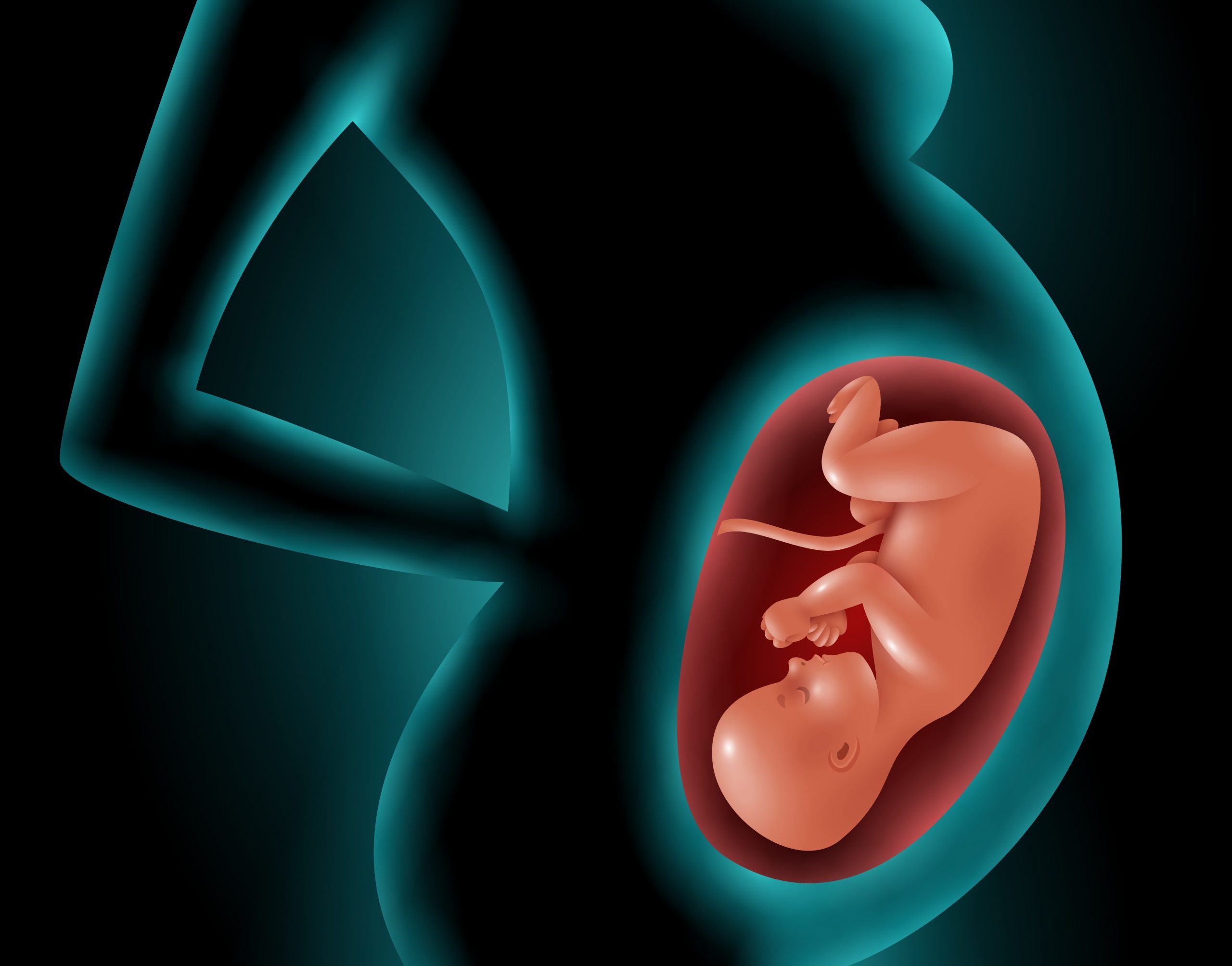Test your knowledge with this Maternal Physiology Quiz! 🤰🩺 Explore key concepts about pregnancy-related physiological changes, maternal health, and fetal development. Ideal for medical students, nurses, and healthcare professionals. Take the quiz now and assess your expertise!
March 22, 2025


